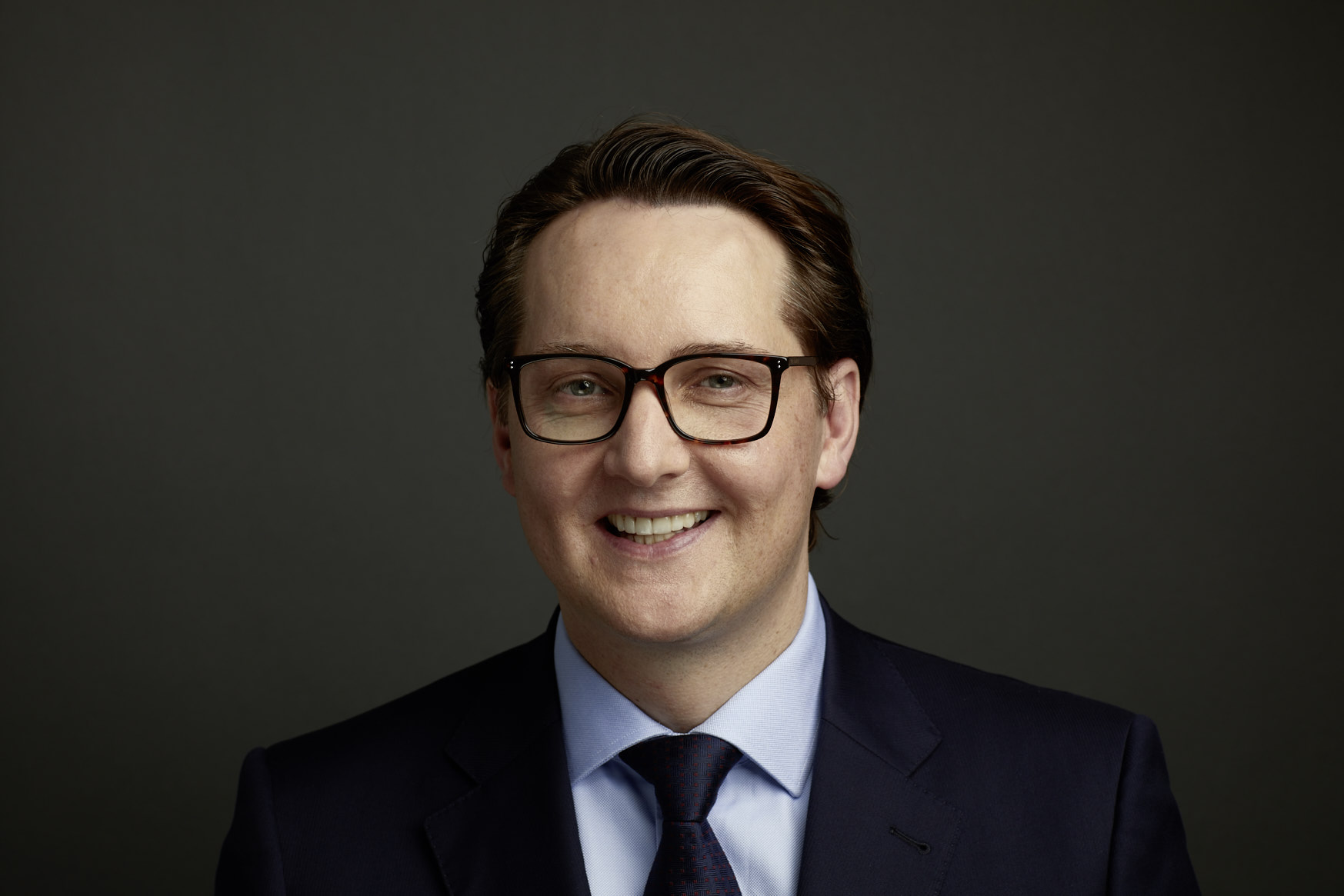El concepto de “short duration” en un entorno desafiante
| Por IreneValiente | 0 Comentarios

En este entorno desafiante, vamos a recorrer 5 puntos cruciales para un fondo de duración corta: dislocaciones de precios, baja duración de crédito, efecto pull back, riesgo de liquidez y diversificación de cartera.
En esta crisis, fuimos testigos de lo que se denomina un aplanamiento de las curvas de crédito, por el cual la parte corta ofrece rendimientos mayores que la parte larga. En los primeros días/semanas de ventas, el único juego para los inversores era el de recaudar la mayor cantidad de efectivo posible para hacer sus fondos más resilientes y estar preparados para las salidas.
¿Y qué preferiría vender? ¿Un bono a largo plazo que acaba de perder 30 puntos? ¿O un bono a muy corto plazo que hasta ahora solo ha perdido un par de puntos? Todos tienen la misma respuesta a esa pregunta, por lo que todos intentan hacer lo mismo al mismo tiempo: vender bonos a los que solo les quedan unas pocas semanas o meses de vida. Muy rápidamente, los compradores marginales se evaporaron provocando que los precios de esos bonos a corto plazo cayesen en picado. Los precios ya no reflejaban sus fundamentales, sino más bien el coste de la liquidez inducido por el pánico. En ese punto, los precios están completamente dislocados.
Lo que es importante entender es que una caída de 10 puntos en un bono a tres meses conduce a un rendimiento al vencimiento mucho mayor (en términos anualizados) que una caída de 10 puntos en un bono a cinco años. Tikehau Taux Variables tenía una gran liquidez en el momento de las ventas masivas y no solo no vendimos nada, sino que nos pusimos delante de los inversores desesperados por vender a cualquier precio. De esta manera, aprovechamos puntos de entrada atractivos en bonos a corto plazo con el objetivo de aumentar el rendimiento de la cartera y mantener la duración de crédito baja.
En momentos como este, es imposible escapar de la volatilidad y las correcciones del mercado. La pregunta es: ¿cuánto tiempo tardará en recuperarse? Aquí necesitamos identificar los diferentes tipos de bonos a corto plazo. Hay bonos «bullet» (el emisor no tiene opción de refinanciarlos antes de su vencimiento) con un vencimiento corto (entre 1 y 12 meses). Hay bonos «yield-to-call» (el emisor tiene la opción de refinanciarlos antes) con un vencimiento a largo plazo o incluso a perpetuidad, pero en el que tiene una fuerte convicción de que el emisor los refinanciará dentro de los próximos de dos a 12 meses. Y hay bonos “called” (el emisor ha anunciado oficialmente que refinanciará los bonos entre los próximos 10 a 30 días hábiles).
Si hiciste bien tu trabajo seleccionando créditos, siguiendo un enfoque fundamental, logrando evitar “defaults” y acertando en las refinanciaciones, entonces la respuesta a la pregunta anterior es bastante sencilla: cuanto menor sea la duración de su crédito, menor será el tiempo de recuperación. ¿Por qué? Porque a medida que pasa el tiempo, sus bonos a corto plazo eventualmente vencerán o serán reembolsados, lo que le permitirá recuperar toda su caída de precios. Eso es lo que llamamos el efecto pull-back-to-par.
Esa es exactamente la razón por la cual Tikehau Taux Variables entró en la corrección con una duración de crédito muy baja de 0,6 años y la mayoría de sus bonos vencen o serán reembolsados en 2020 (al menos el 56% del fondo debería vencer o ser reembolsado este año).
Ya hemos hablado acerca de cómo los mercados de crédito pueden dejar de funcionar a medida que la liquidez se evapora y conduce a precios dislocados. Es fácil entender que ser un vendedor forzoso para recuperar liquidez en este tipo de entorno puede ser muy perjudicial para los inversores. Entonces, ¿cómo tratar de garantizar un flujo de liquidez constante sin tener que vender nada? La única forma de hacerlo es beneficiarse de la liquidez natural de los bonos que se posee. Esta es la consecuencia directa de tener una duración crediticia baja.
Por ello, gestionamos Tikehau Taux Variables con un modo “run-off”: a medida que pasa el tiempo, los bonos a corto plazo se mantienen hasta vencimiento o son reembolsados. Recuperamos así la corrección del mercado y reinvertimos el efectivo «naturalmente» generado en otros bonos a corto plazo. Y así sucesivamente.
Finalmente, una característica muy importante es la diversificación: no poner todos los huevos en la misma cesta limita el impacto en el rendimiento de un fondo en caso de “default”. Es por eso que Tikehau Taux Variables tiene más de 120 posiciones (a fecha 30 de abril).
A 30 de abril, la estrategia tenía un 16,6% de efectivo y equivalentes, una duración de crédito de 1 año y un rendimiento a vencimiento del 4,2% con una calificación promedio BBB- Investment Grade.
Tribuna de Laurent Calvet, gestor de estrategias de crédito en Tikehau Investment Management









